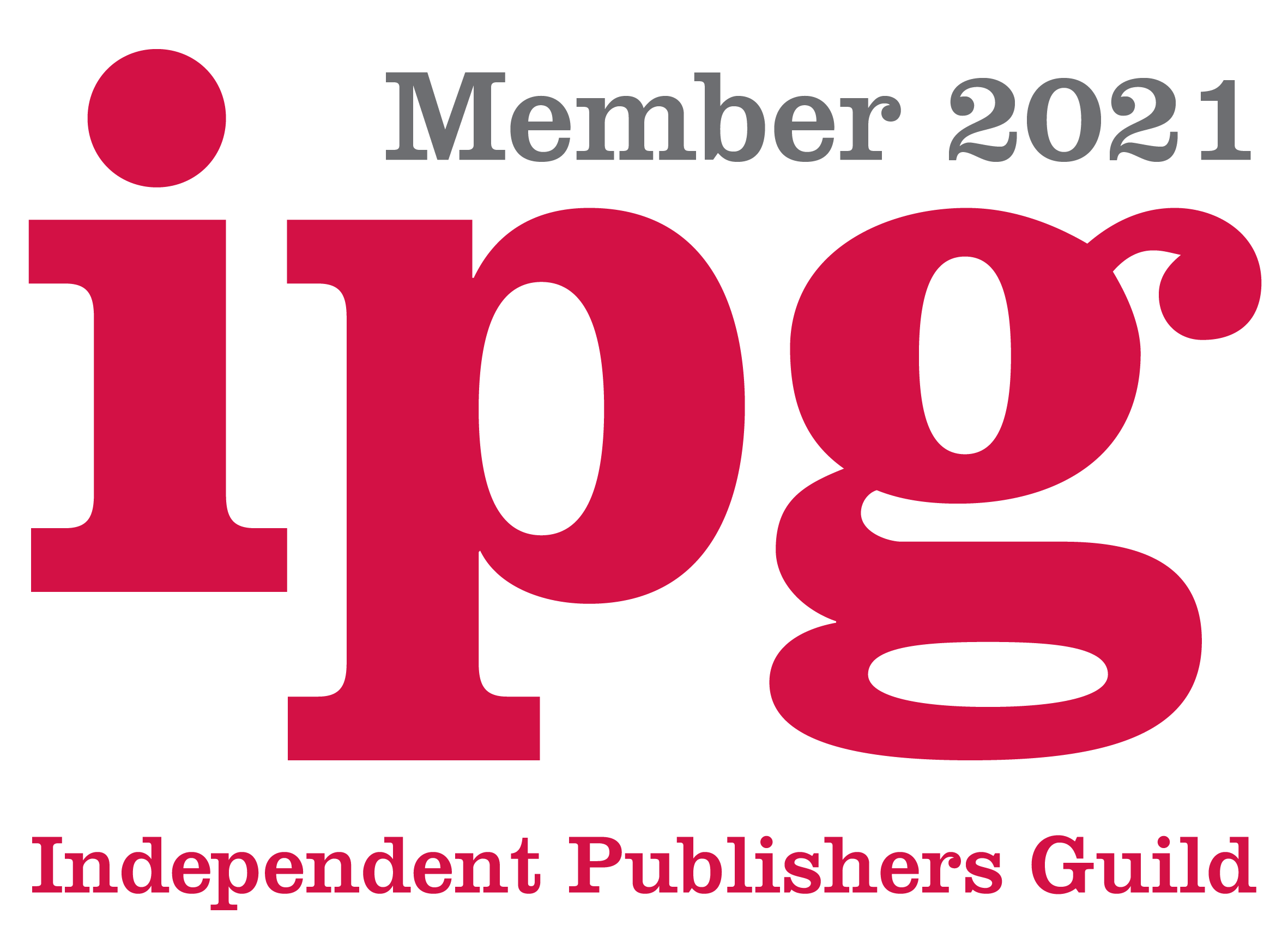Mention to any family member, friend, or stranger on the street that you’re in the process of getting a book published, and one of the first questions you’re likely to receive is, “And what about royalties?” That's a broad, vague question with many possible answers, but the answer they’re looking for likely has to do with whether you’ll receive publishing royalties for your book (depends on the publisher and type of publishing agreement... more on that later in this series), and how much you’ll receive.
While it’s assumed that you, as the author, should receive compensation for your work in the form of royalties, there is a great deal of misunderstanding circulating about exactly what royalties are, how much you should expect in royalty payments, and whether they can be negotiated.
We’ll cover all those points in this series on royalties, but here, we’ll start with teasing out exactly what royalties are (and aren’t), as well as how they work.
What are royalties, and how do royalties work?
Book royalties are, in short, a percentage of “x” that is paid to the author for the ongoing use of their work. “X” represents the source of the number used to calculate royalties at a given publishing house. For example, royalties used to be based on the cover price of books sold (this would be the “x”). So, for example, if a book was being sold for $14.99, and the author had agreed to a royalty rate of 10%, the author would receive $1.49 in royalties for each book sold.
However, the “x” has largely changed now to a percentage of the receipts, the money actually received by a publisher from booksellers, which can vary widely. The reason for the change is discounts that book publishers began to offer booksellers to compete in a market inundated with books – though I’m sure we can agree that too many books in the world can be a good problem to have. Because of the considerable number of books being published, booksellers began to wield more power than book publishers. You can imagine, then, that if a publishing house is giving a 75% discount to a catalogue company, they can’t offer 10% of the cover price of the book because the publisher itself is receiving very little for each book sold after the discount.
Therefore, if you hear that a book royalty rate is 10%, you can often assume the publishing house will pay royalties based on their receipts, not the cover price of the book, though it’s always a good idea to confirm this before signing a contract.



